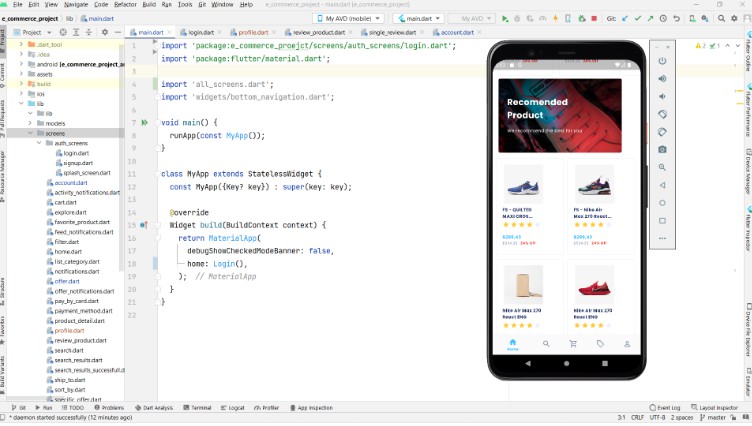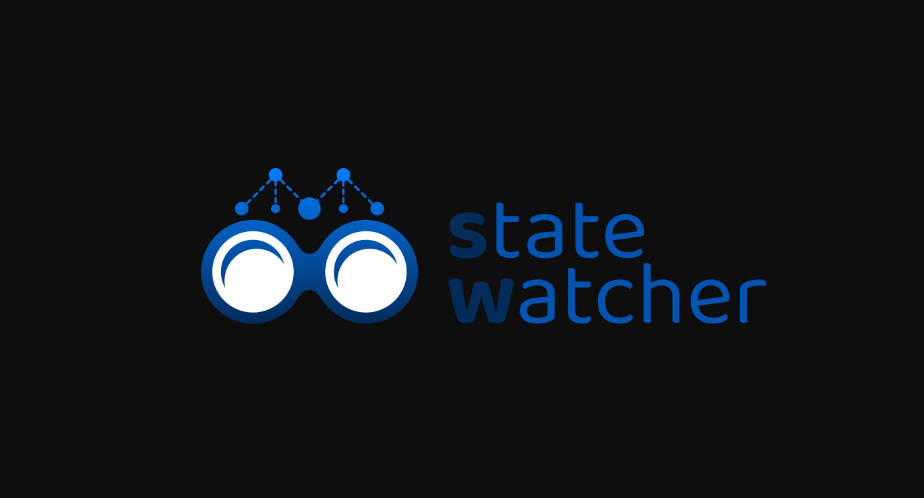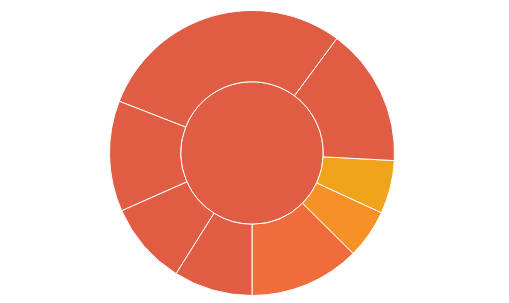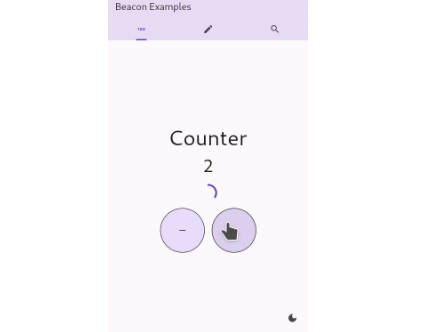Install
Add to your pubspec.yaml dependencies following line
estado: ^0.0.2
A framework agnostic state management library based on MVVM
Ever felt tired of glueing your Flutter Widgets with some Provider classes? All you want to do is write your App using a pure Flutter API. Suddenly, you have to wrap your Components with Providers and other classes just so you can share data. Estado is a platform and framework agnostic implementation of MVVM (Model-View-ViewModel). It separates the state of your UI and doesn’t force you to wrap your UI component classes with some annoying Providers or Controllers. It does not perform dependency injection, Navigation or anything else for you. Need a shared state? Well make your ViewModel class static and subscribe / unsubscribe the Widget to / from the ViewModel yourself. All this library does is give you the tools to separate your UI State completely away from your Views / Widgets. Your actual State class (ViewModel) is completely decoupled from Flutter and you can 100% unit test it
You don’t have to learn any magic, state management is completely in your hands again and your build Method won’t need any Providers or anything else.
Features
Just Framework agnostic State Management that won’t touch your UI code.
Getting started
Think about how your UI should behave, what states do you need?
Create a ViewModel for your Stateful Widget and call your data or domain layer from there.
And then you emit a new State and your UI will handle that state. Your build() of your Flutter
Widget is 100% free from any library regarding State management, as it should be. You can focus
fully on writing your UI using the Flutter SDK or other UI libs.
Usage
Here’s a simple code snippet how to use this library to separate the state from your UI
class LoginViewModel extends ViewModel {
void logIn(String email, String password) {
// LoadingState could be a State defined in a common package or so
notify(LoadingState(isLoading: true));
authRepository.login(email, password);
// let's assume login was successful
notifyState(LoadingState(isLoading: false));
notify(LoginSuccessfulState());
}
}
class LoginSuccessfulState extends ViewState{
static String name = "LoginSuccessful";
LoginSuccessfulState() : super(name);
}
class LoginUiState extends State<LoginUi>
with ViewModelObserver implements StateObserver {
LoginViewModel vm = getViewModel(); // use your DI lib or own factory, its up to you
void initState() {
super.initState();
vm.subscribe(this);
}
void deactivate() {
super.deactivate();
vm.unsubscribe(this);
}
void _handleLoginSuccessfulState(LoginSuccessfulState state) {
this.setState({
loggedIn: true
});
}
@override
Map<String, Function> getHandleStateFunctions() {
return {
LoadingState.name: (LoadingState state) => setState({isLoading: state.isLoading}),
LoginSuccessfulState.name: _handleLoginSuccessfulState
};
}
}
Additional information
If you wish to contribute feel free to create a PR at the github repo. For bugs or feature requests you can create an Issue.



